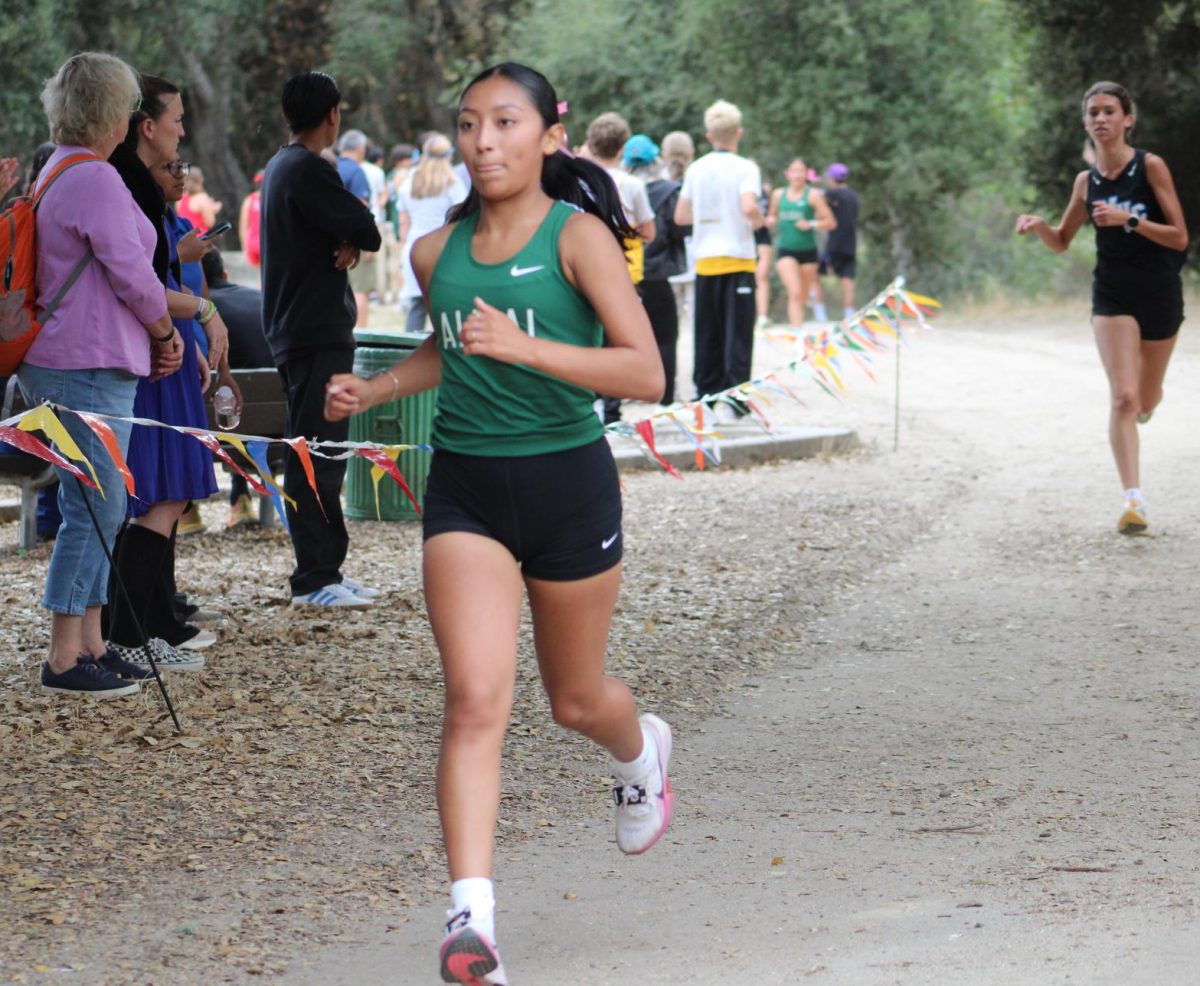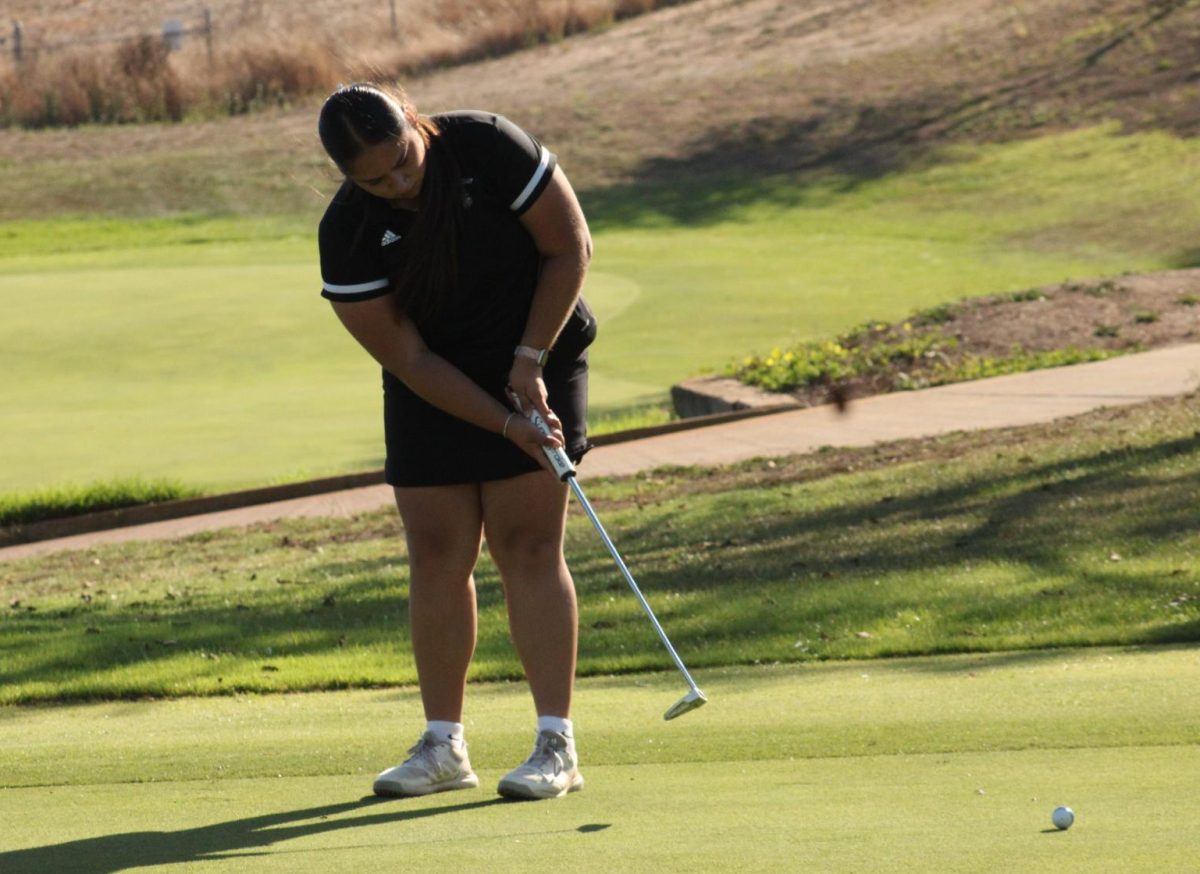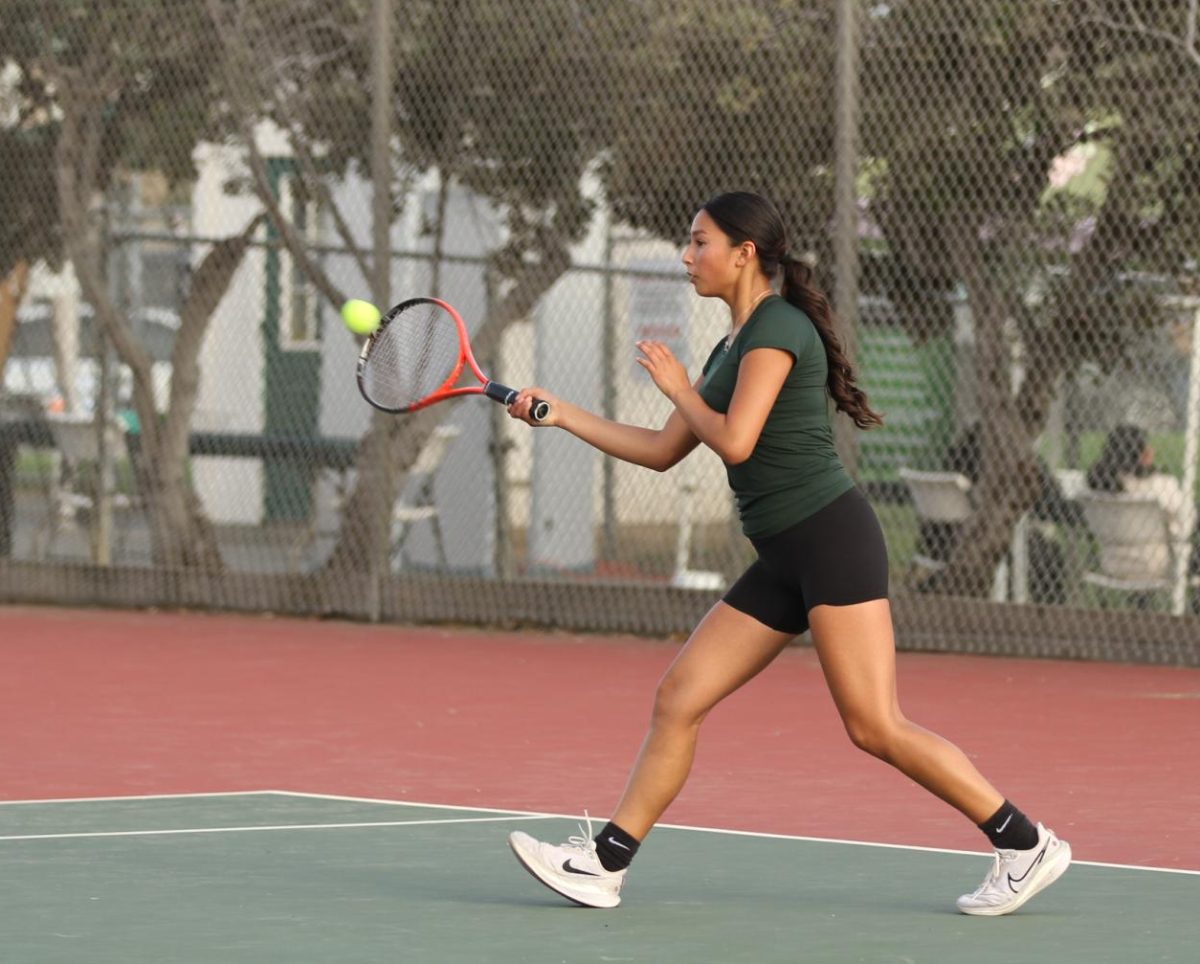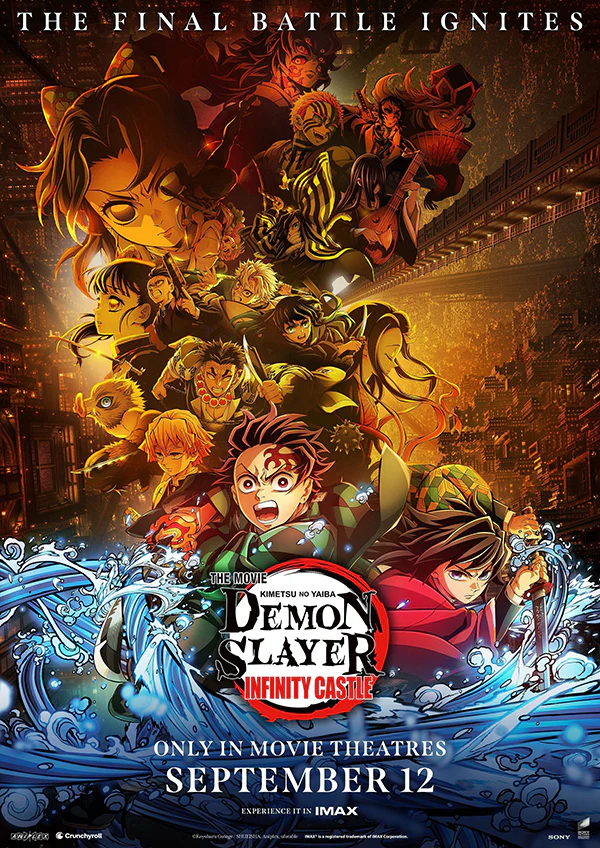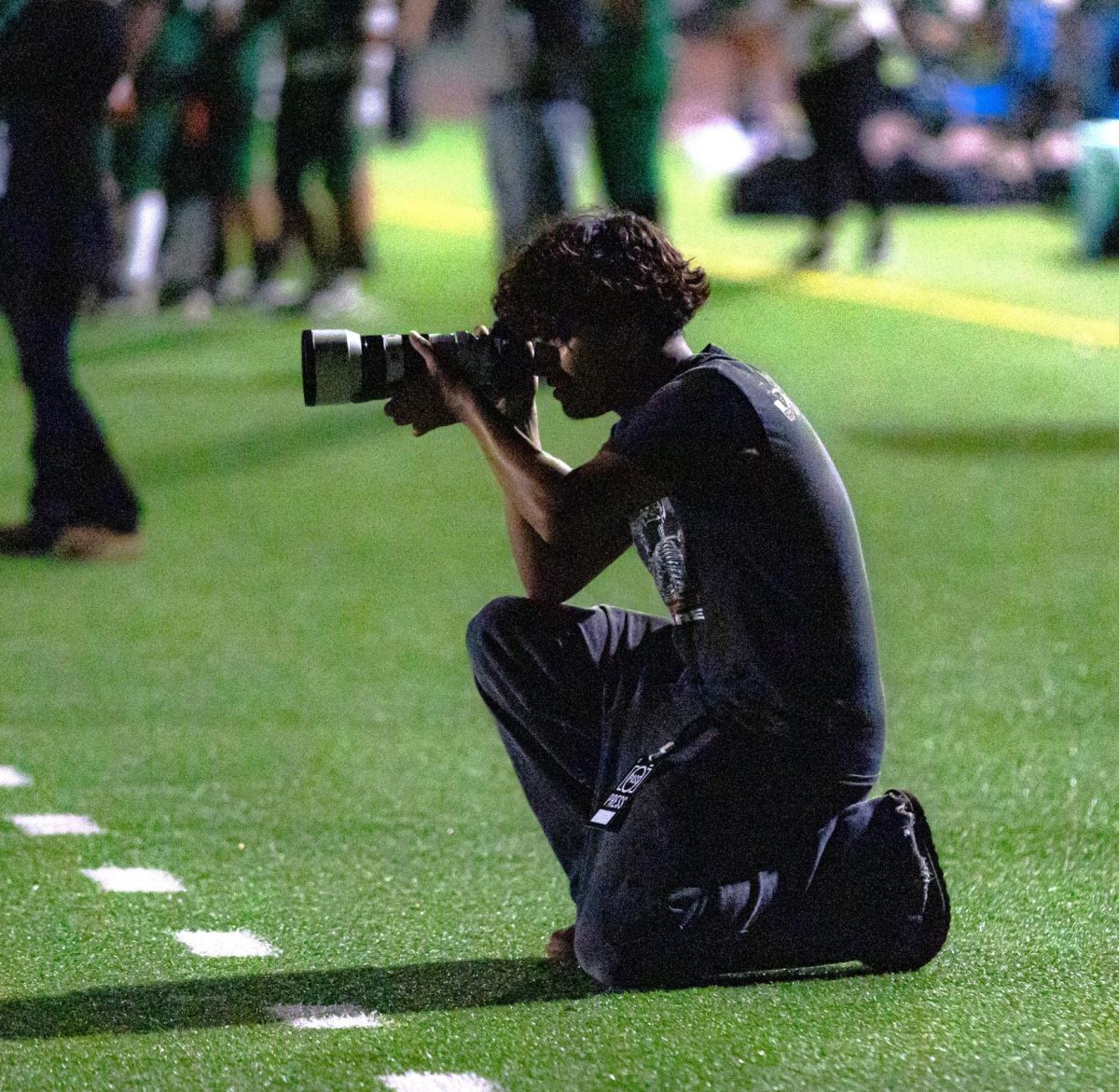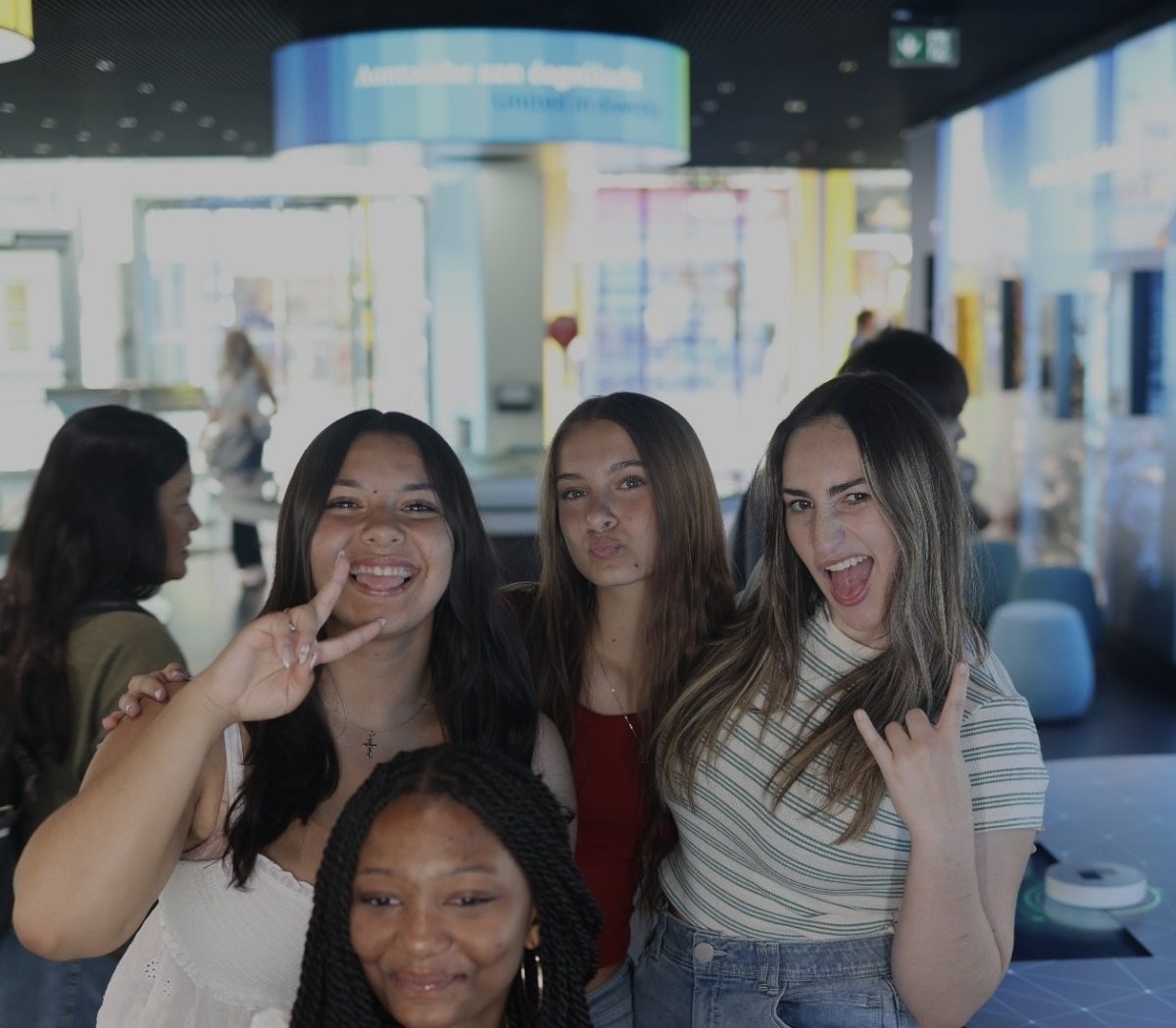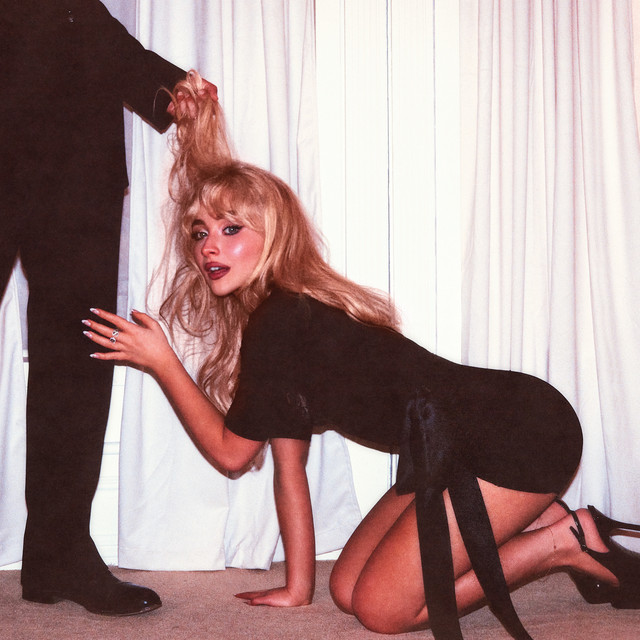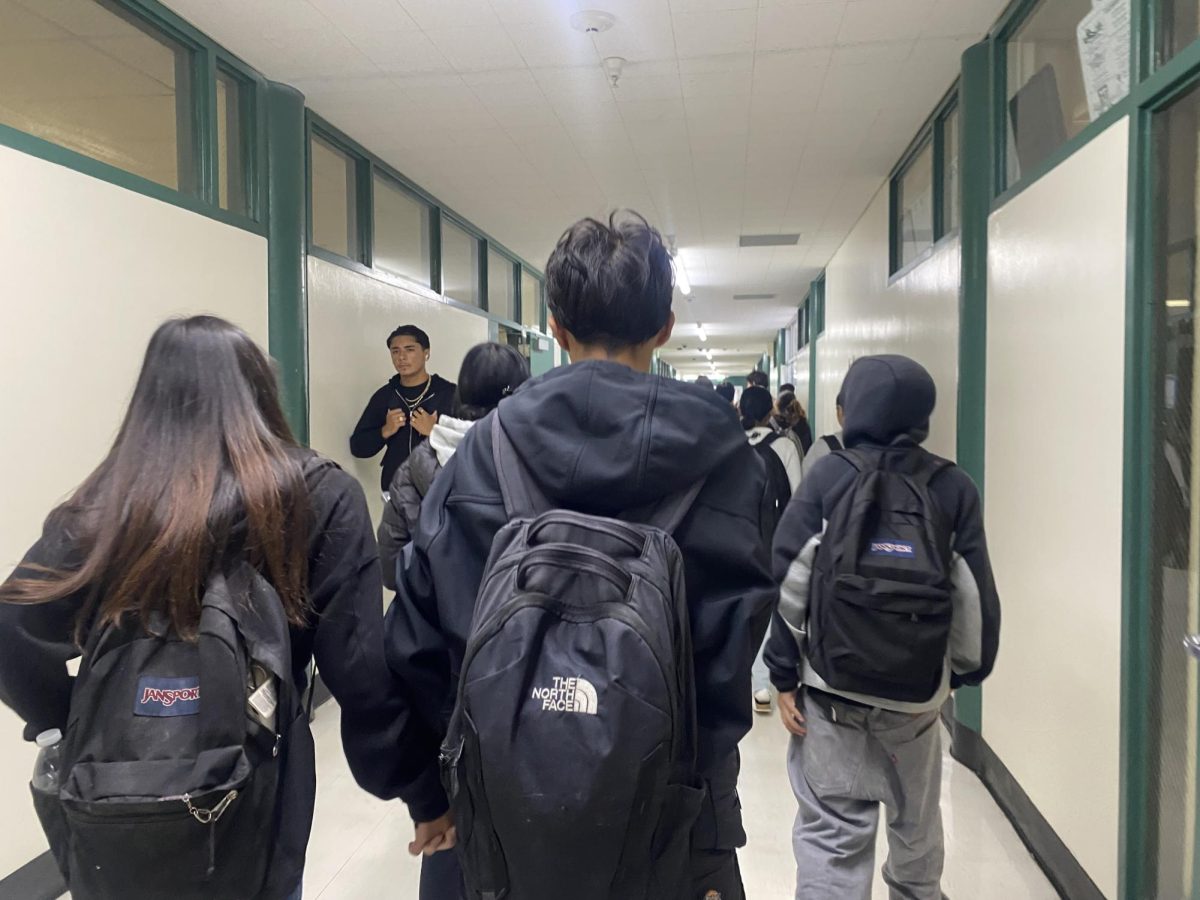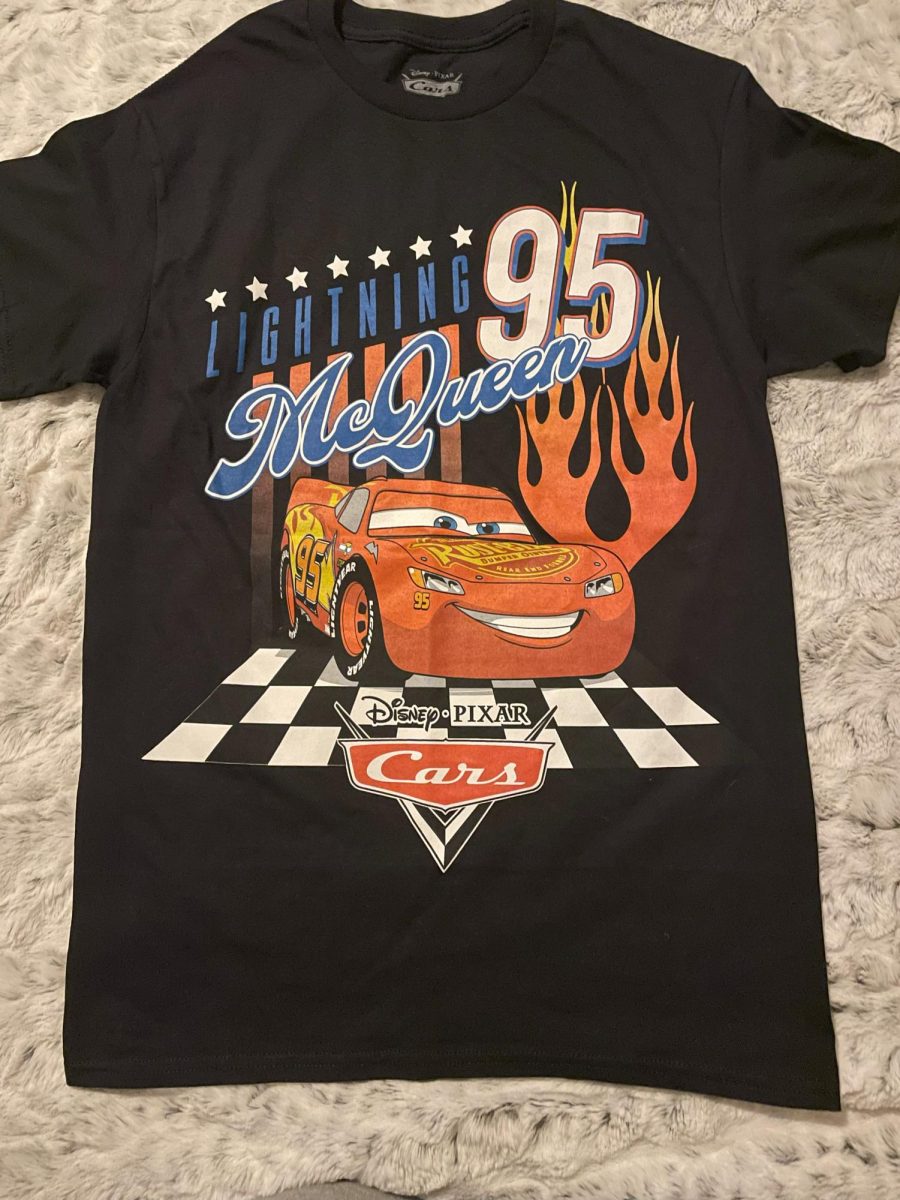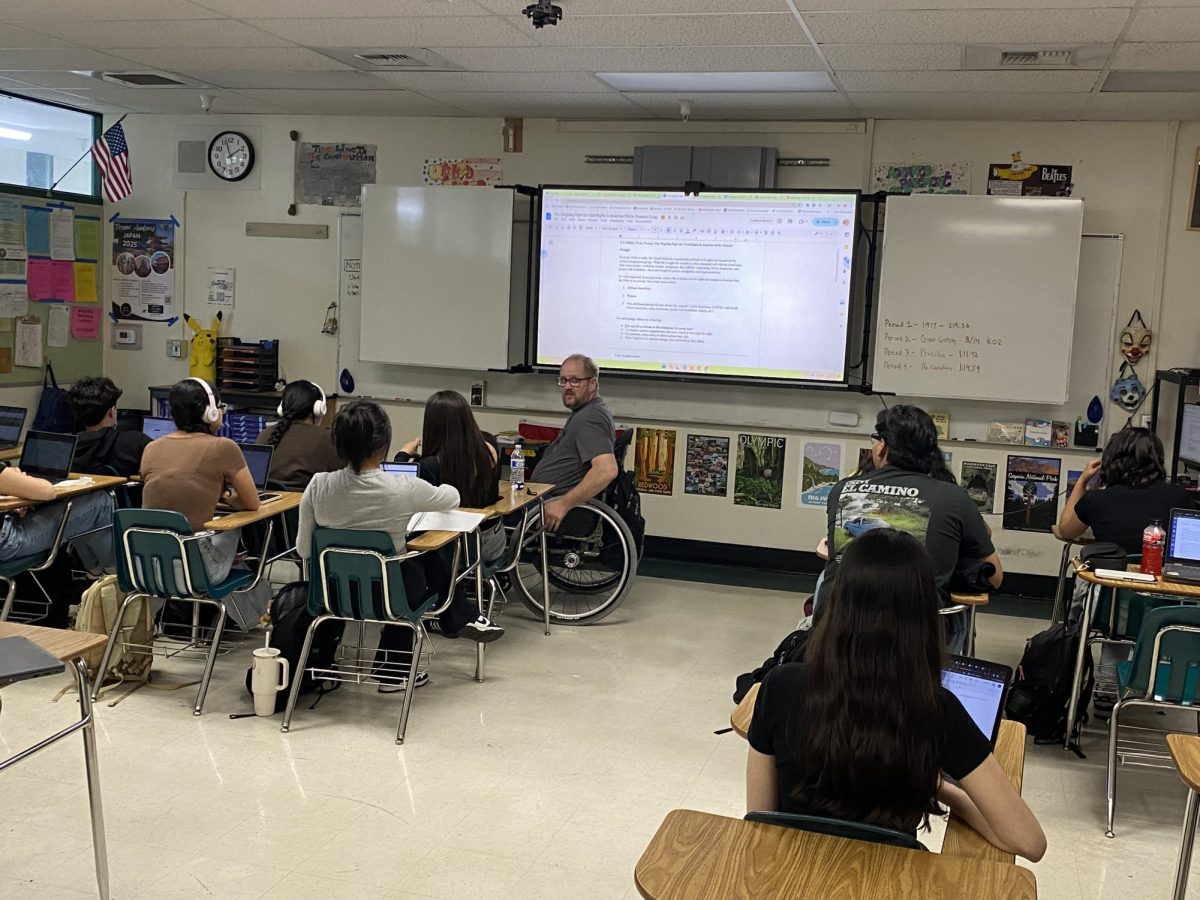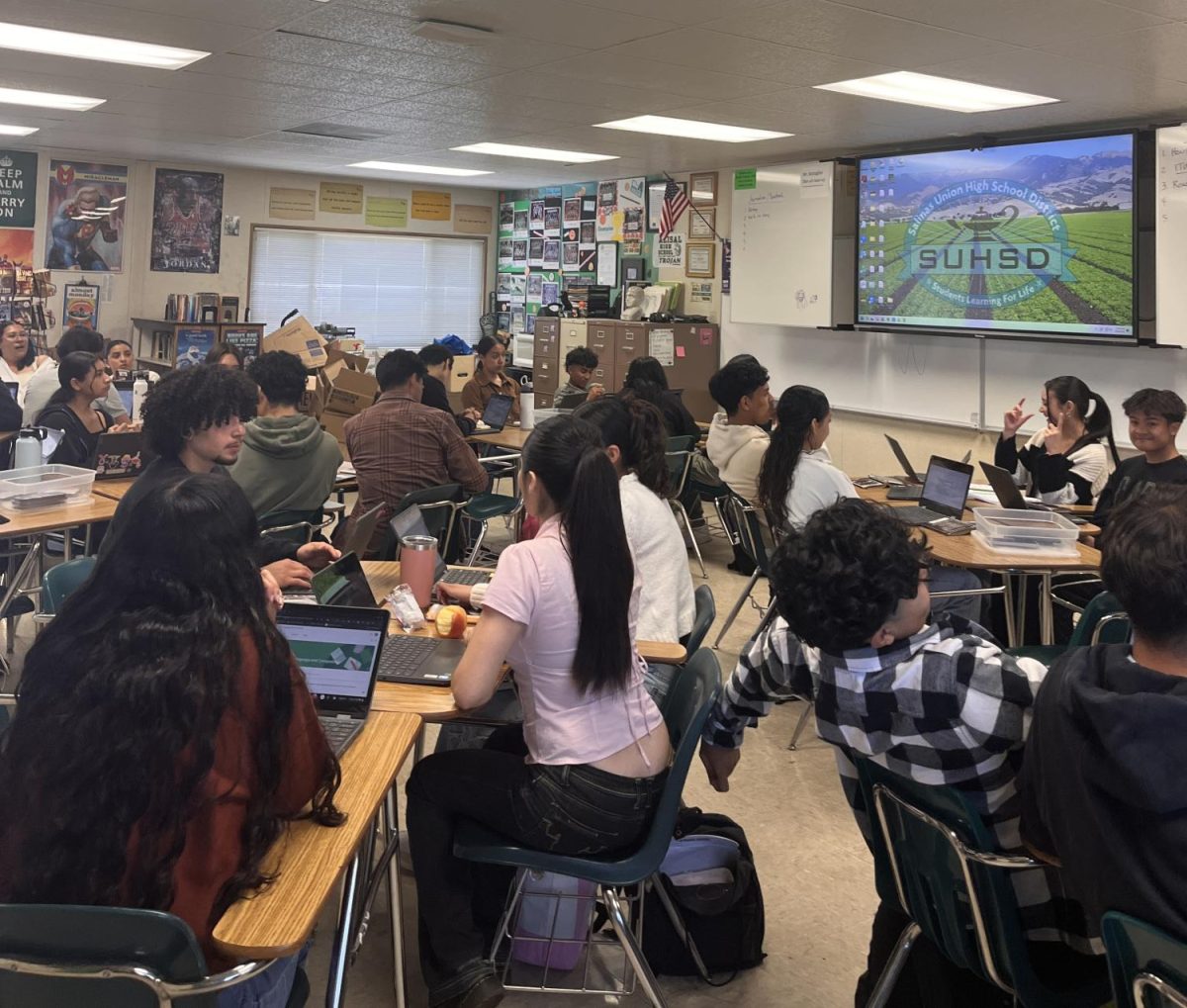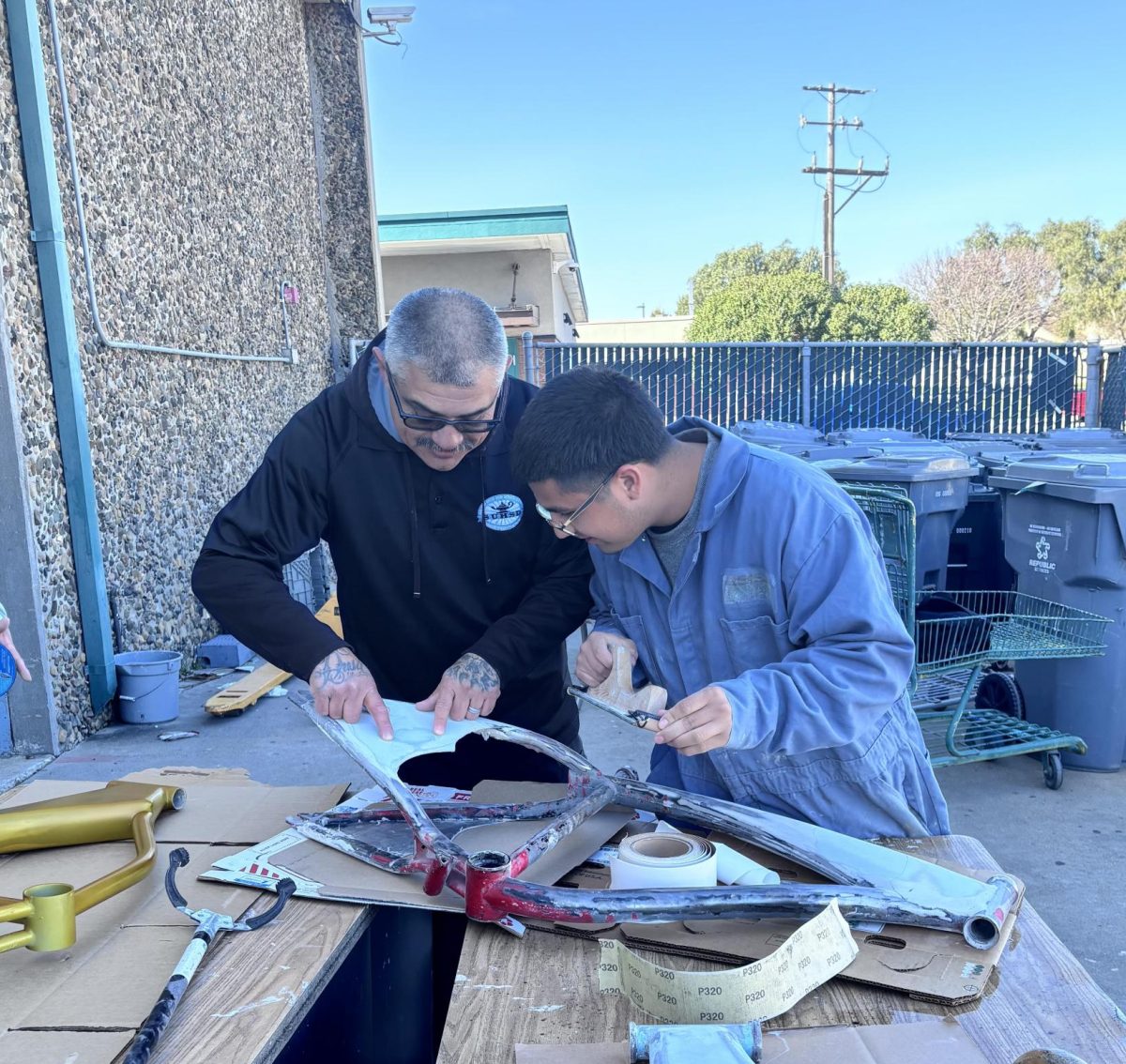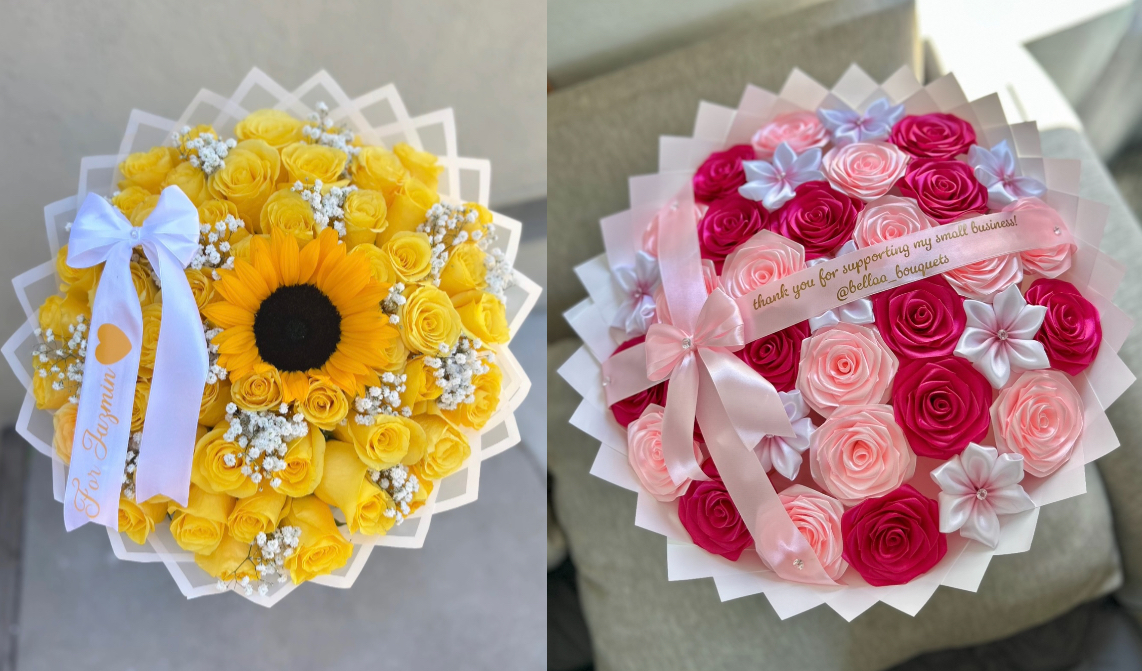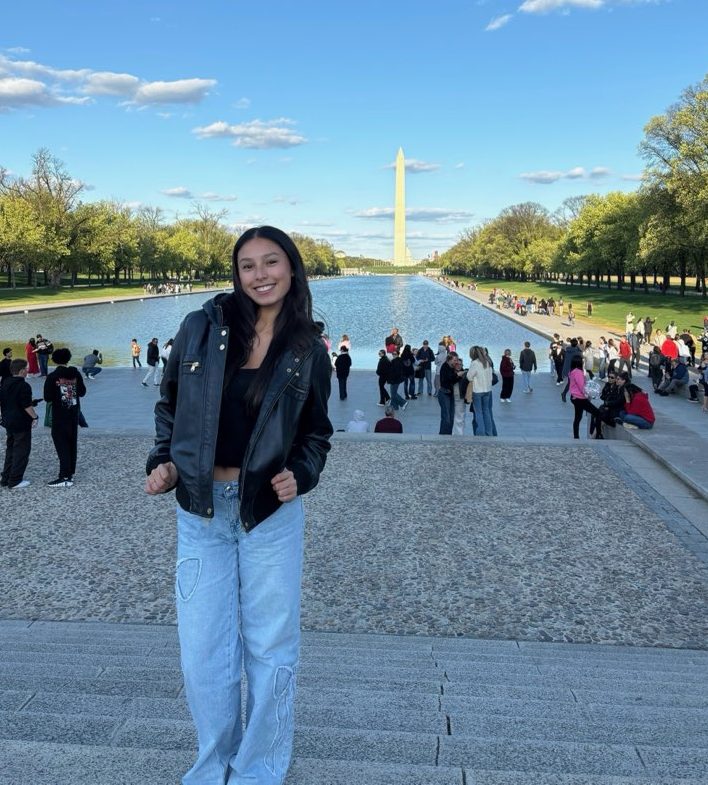The Lowrider culture has deep roots here in California. The tradition consists of customizing cars and bikes with detailed paint jobs, chrome, and lowriding aesthetics. It’s a form of cultural pride and self-expression.
At Alisal, the majority of the student population is Hispanic. Following our customs and traditions, Pablo Fregoso started the Lowrider Bike Club, also known as the Metal Works Club.
Fregoso, a campus supervisor, threw aside the textbooks and decided to teach students valuable life skill. “I decided to run the club because I feel it’s a positive thing to do,” he said. “I love helping kids, working with them, and learning new things. The club’s goal is to teach students how to work together, get along, and focus on positivity. There’s a lot of negativity out there, and I want to give them something positive to learn from and focus on.”
Growing up, he wished he had something similar at his high school. He thought to himself that he wanted to teach these kids something different. He saw students who were interested in all sorts of things, and he felt motivated to start his own club, attracting students who prefer hands-on work. “I wish they had a type of club where I could learn how to weld and paint when I was in high school,” Fregoso said.
Fregoso recruited by putting fliers up at the beginning of the year around campus, giving details on where to meet and how to sign up. He held meetings for the students about the specifics of what the club would be about and what the work would consist of. “Starting out my main goal was helping at least 1 student that was interested, once many more started to join that’s when the club’s chemistry really started to form.” he said.
Eventually, a handful of students joined the club. In the beginning, 30 students joined and showed interest, but as time progressed, some students struggled academically and were forced to resign from the club.
Nowadays, there are 15-18 consistent students. “At the start of the year, I wanted to join a club, but I was unsure about which one to join,” senior Emir Rubio said. “I found out about the Lowrider Bike Club and decided to join because I love to do hands-on work.”
Fregoso’s main goal is to show his students how to work together to help each other step by step with the process of making a lowrider bike. “They’re learning hands-on work-taking bikes apart, sanding them, using bondo, and painting. They’re even going to learn how to add graphics and really bring their ideas to life,” he said.
A lot of these students joined this club to find a hobby or to actually learn something beneficial instead of doing nothing. “Getting out of the house was always a problem for me until I heard about the bike club,” junior Diego Cervantes said. “I found that as an opportunity to get out of the house and learn something new, something that can benefit me in the near future.”
The club meets every Tuesday, Wednesday, and Thursday after school behind the custodian’s office. The club hopes to expand its space soon so it can work indoors during rainy days. This is something off their list they wish to knock off soon. “I wish the school supported us more, because we really need a bigger space. On rainy days, we can’t work out here. We don’t have anywhere to go,” Cervantes said.
The main challenge is paying for the bike parts, paint, and tools because the money comes straight out of Fregoso’s pocket. One thing he does to save some money is to go on local selling websites to find cheap old bikes that are for sale, saving him a lot more money, which he can prioritize on materials.
“The average price for a frame is usually between $40 and $70,” Fregoso said. “If you were to buy one in a store, though, they’d cost around $150. Honestly, I usually buy them off Craigslist or Facebook Marketplace. I had maybe three donated to me, but I had to buy the rest myself. Buying from a store is just too expensive, so I had to find a cheaper way to get them.”
Club members have done fundraisers to fund the materials to make sure there is enough for everyone. So far they have done 2 car washes that made $800-$900. Future ideas for fundraisers consists of raffles, more car washes, and merchandise of the club like shirts and sweaters.
The students fund their bike parts and materials to show support and help as much as they can, so they don’t leave it all to Pablo. “I wish the school supported us more because we wouldn’t have to worry about our budget,” senior David Amezcua said. “We would use it for fundraisers to get more items, materials, parts, and tools we need.”
Fregoso hopes that he can continue to teach these kids valuable skills that may interest them in a similar job in the near future. Eventually, it will expand outside of school.
“I’ve actually had interest from other schools that would love to start something like this, too,” Fregoso said. “I think it would be really cool if we could bring a few students from different schools over here with permission from administrators, of course, and teach it as a hobby for everyone. I’d also love to see someone eventually start another club at a different school. That way, we could have programs like this everywhere, and not just at one school. Everyone would have the chance to learn.”
They have plans to go to Lowrider car meets to show off their work. “There’s going to be a car show at the Hartnell Campus. We’ll be going to check it out, look around, and maybe even visit other car shows in the future. Those are the kinds of events we’d show up, either to show off the bikes or to get new ideas.”
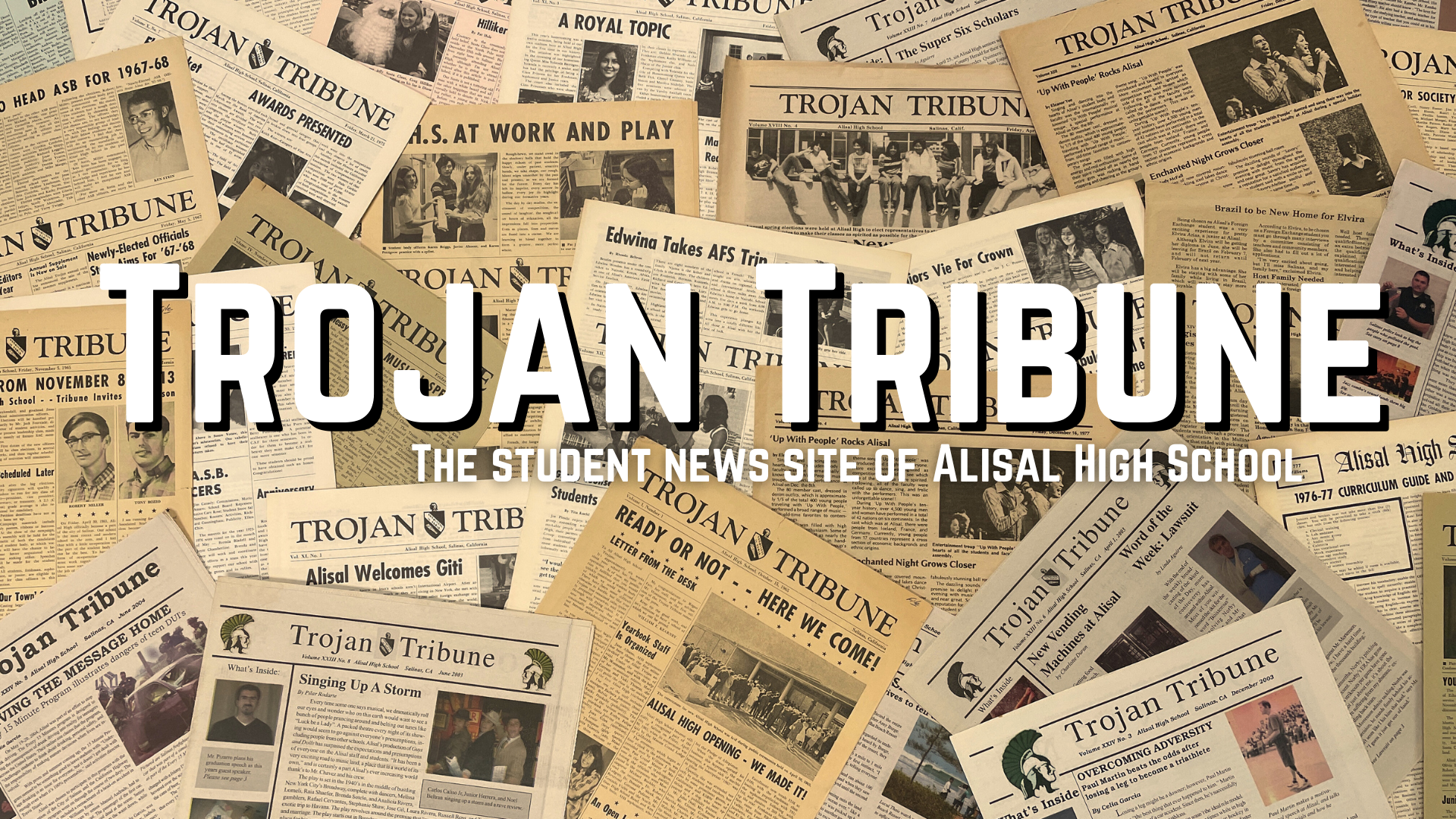
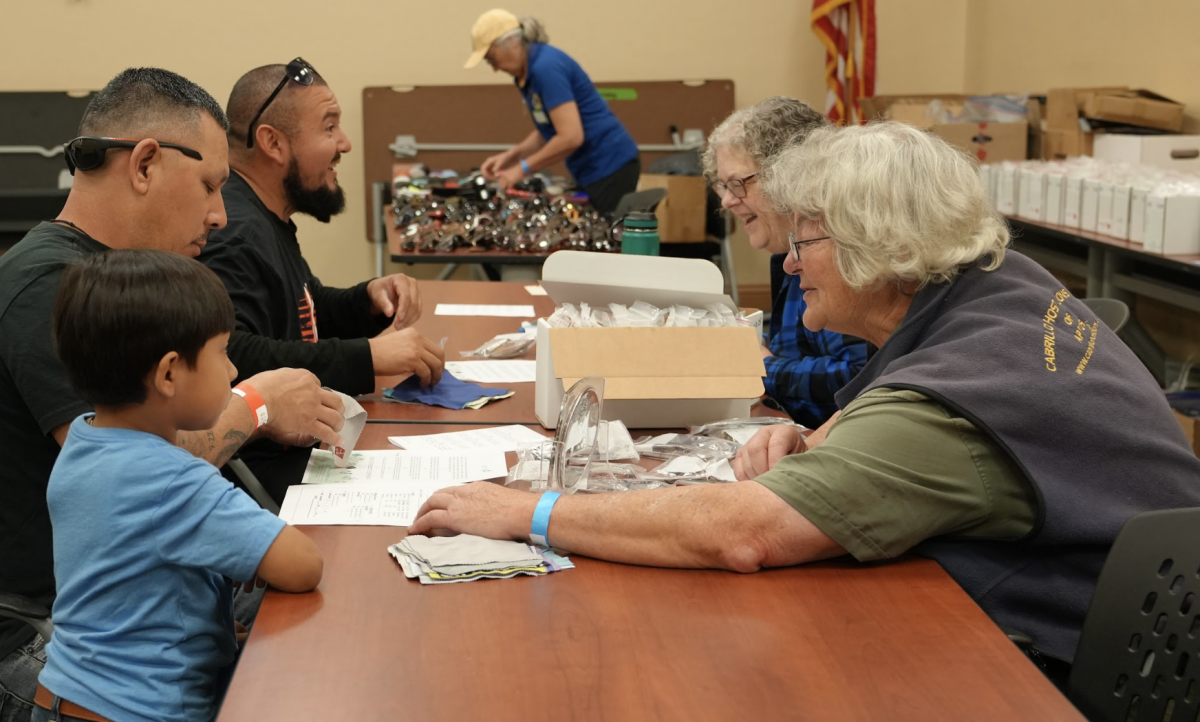
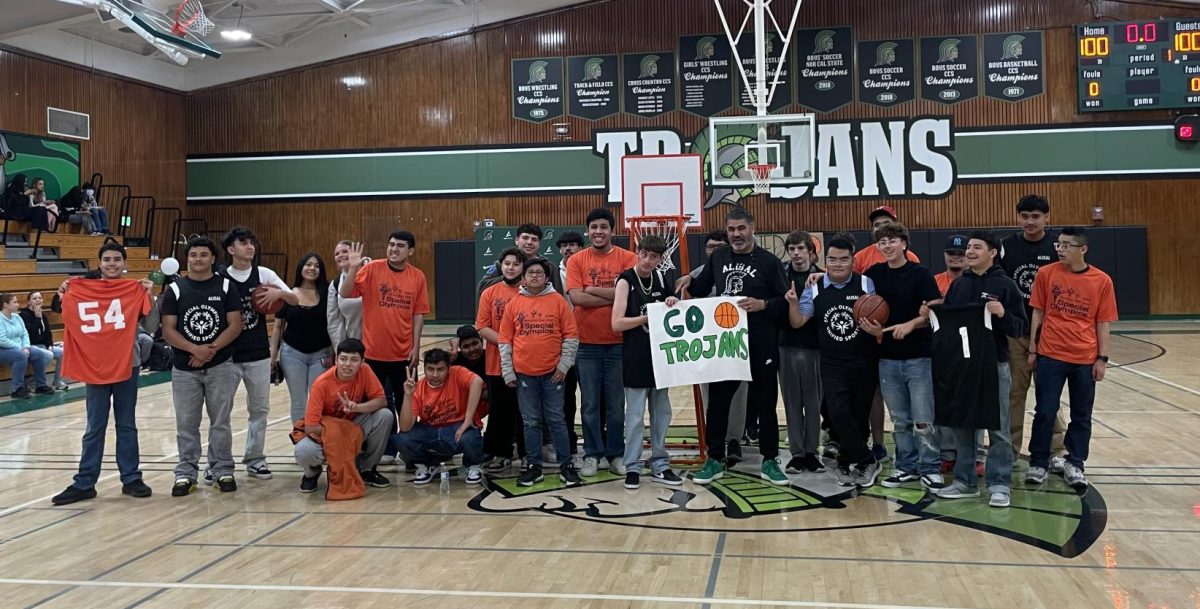
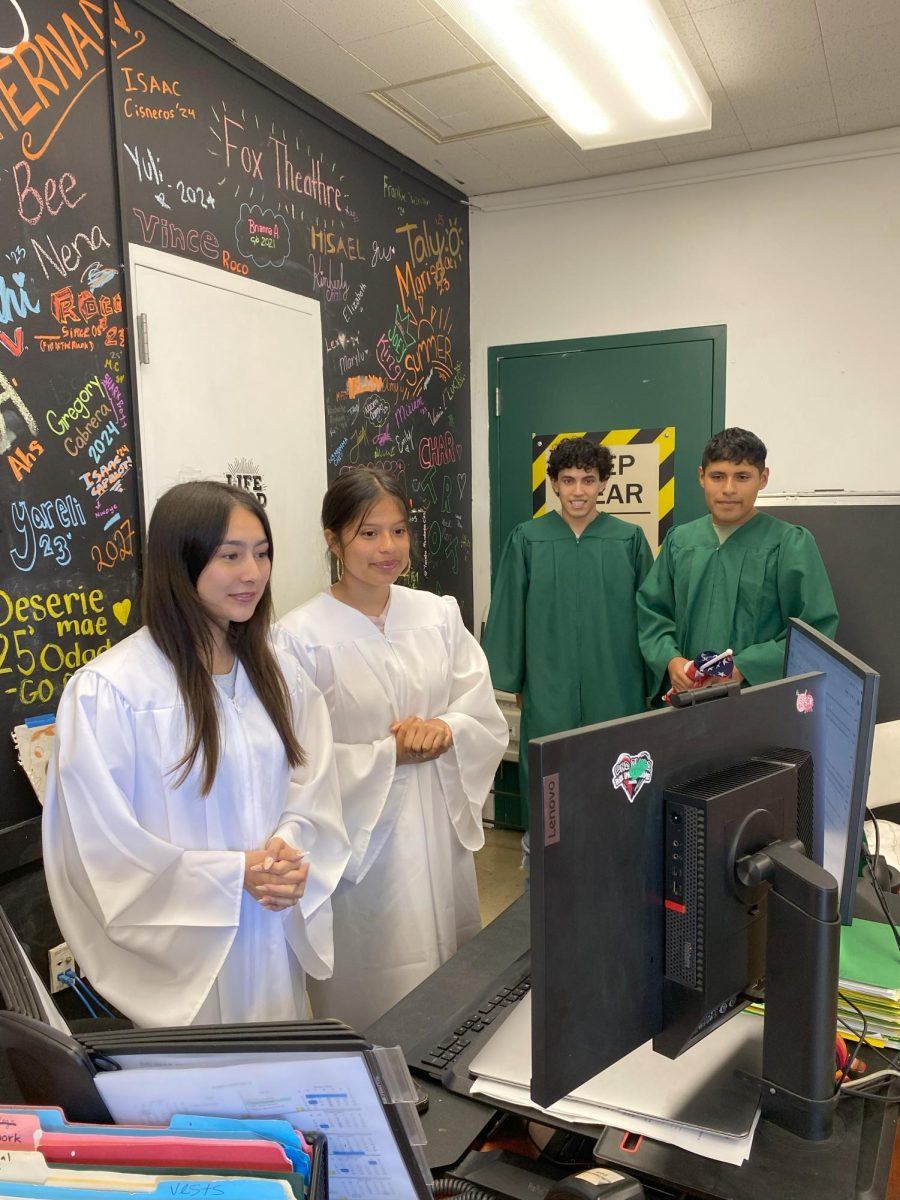
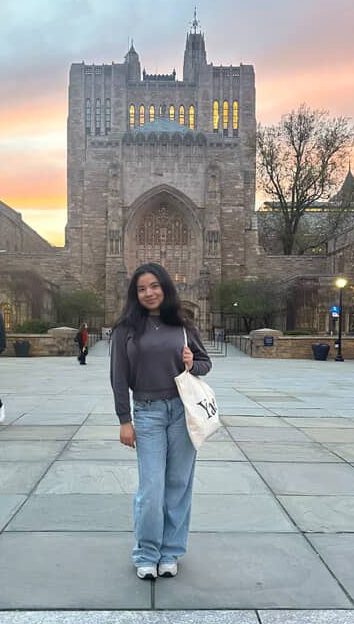
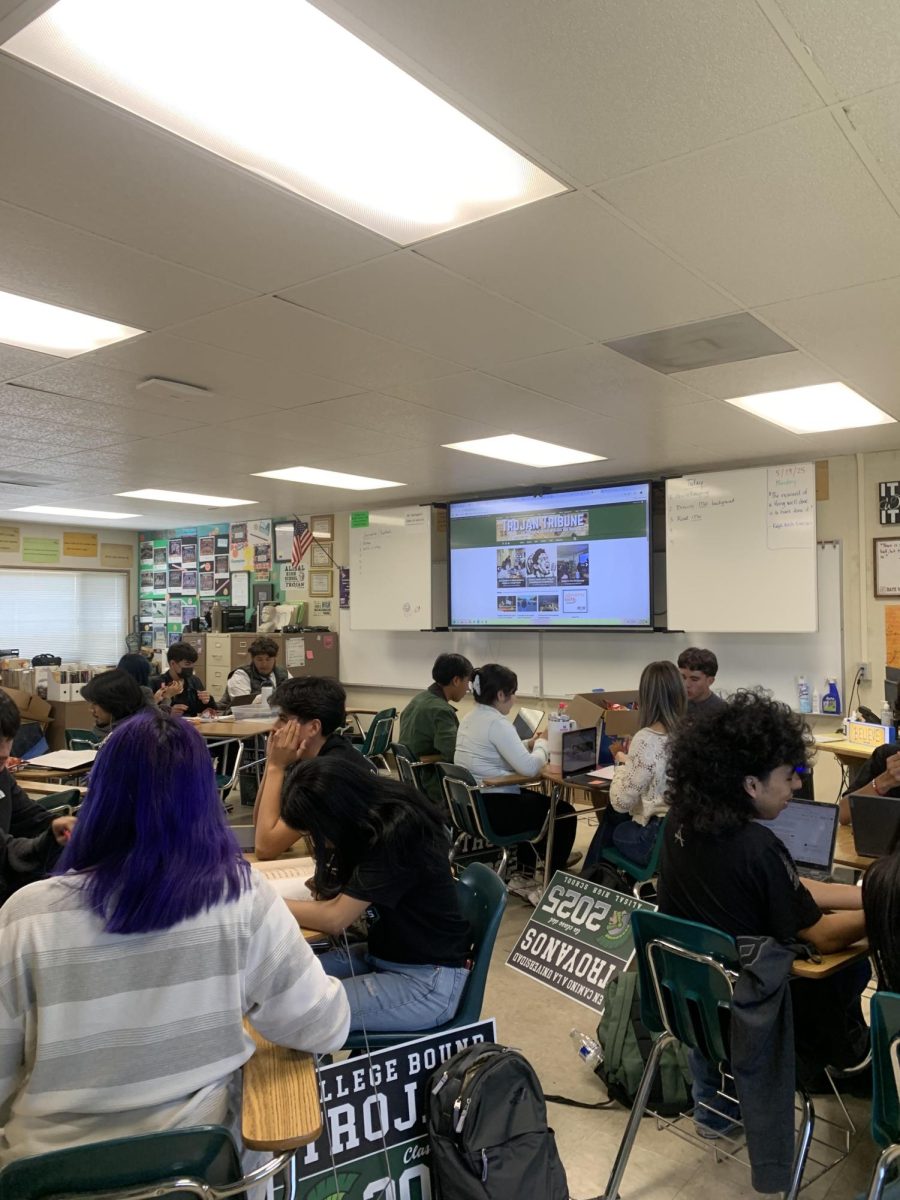
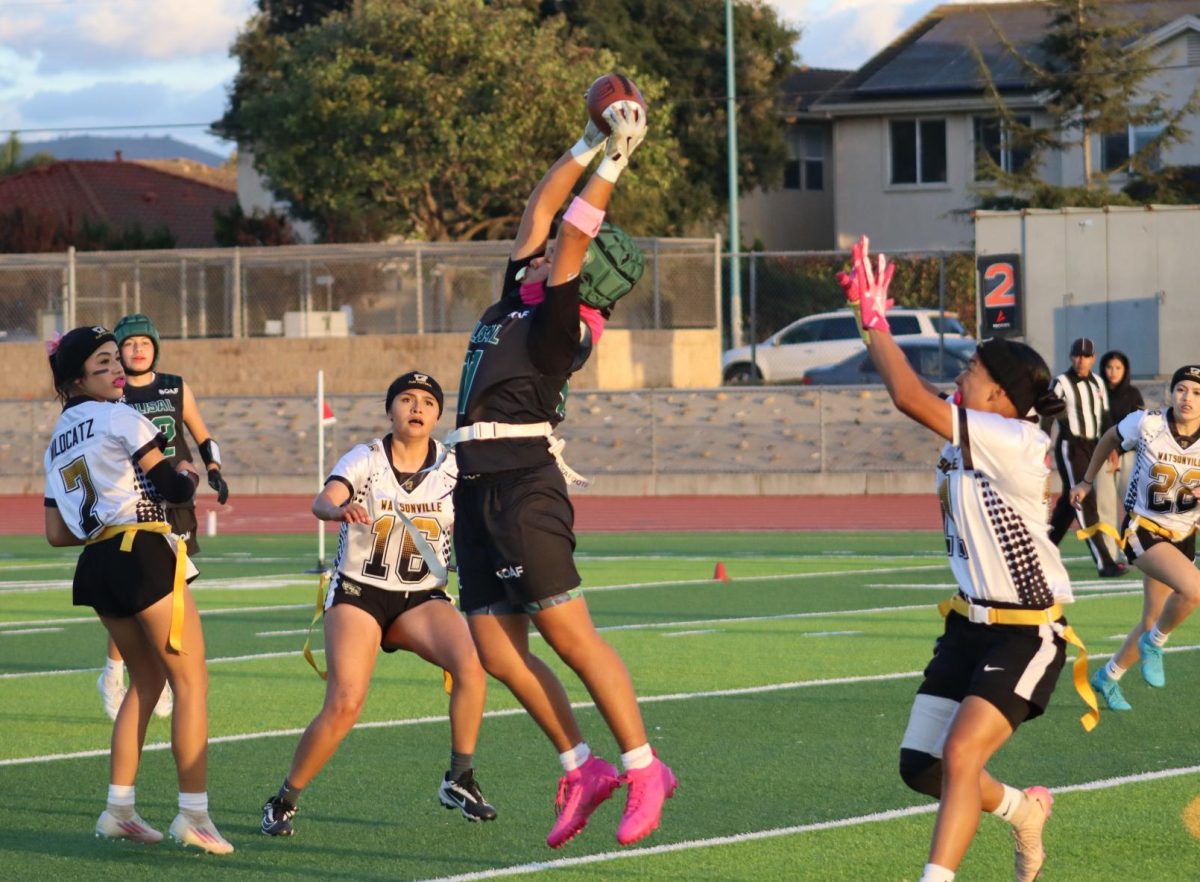
![Senior Jayden Duarte dives across the goal line for one of his five touchdowns in a dominant 62-40 victory over Monterey. It has been a highly successful season for Duarte, and he credits his coaches for putting him in positions to succeed and make key plays. “The goal is to help wherever the coaches need me, receiver, running back, [and] DB,” he said.](https://alisaltrojantribune.com/wp-content/uploads/2025/10/IMG_3599-2-1200x800.jpg)
